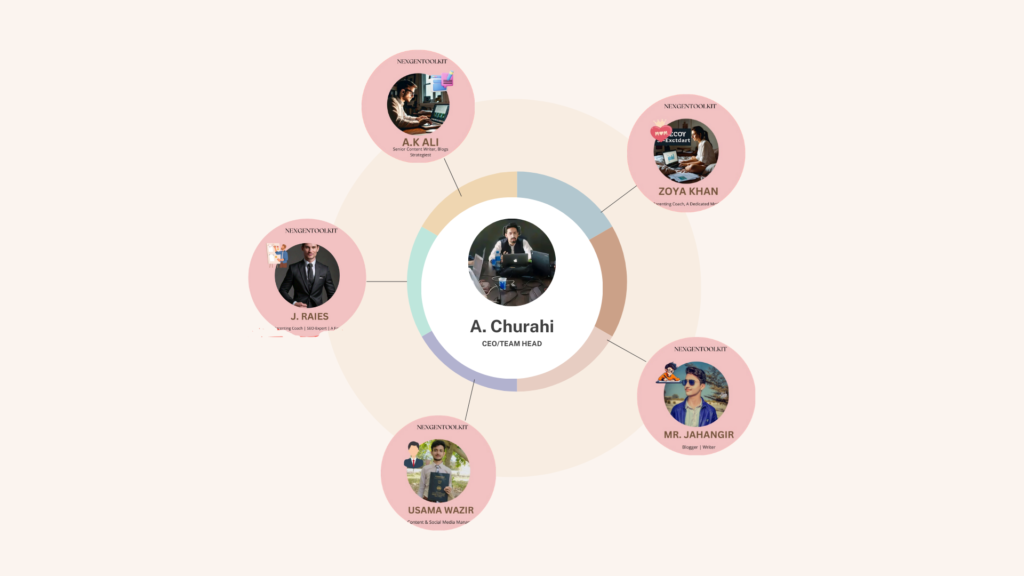The bond that is depicted between women and especially between a mother and her daughter is of love and support. Nevertheless, it is worth understanding that the antagonist’s dynamic usually implies tension and even hostility, both of which may come out from time to time. When daughters act in a manner that is considered mean by society, especially to their mothers, then this becomes a subject of discussion as to the psychological cause of such conduct. daughters become a lot crueler.
You May Also Like This Baby Quotes Funny

A Literature Review of the Nature and Multifaceted Narratives of Mother-Daughter Bonds
It is crucial to bear in mind that the relationship between a mother and her daughter is rather intricate, as it depends on years of experience and the roles the characters play. Daughters of all ages have to depend on their mothers for care, support, and affection from the moment they are born until they grow up. Underpinning a very positive and deep form of relationship building it can also begin the process that leads to tensions.
Understanding Mean Behavior :
Lack of civility can range from simple insulting so far as the child may choose to disobey or even ignore his/her parents. These behaviors might be due to some feelings that the two involved partners may not be able to put into words or negotiate about Psychologically, such behavior can stem from:
Individuation and Autonomy
- Adolescent and young adult daughters have to experience a process referred to as individuation whereby they are psychologically separated from their mothers to finally be on their own. This stage is very important for human growth although conflicts in families may be seen as daughters trying to be more independent.
- A therapist, Dr. Elizabeth Fishel, who focuses on family issues says, “It is quite common for daughters to establish their independence by building barriers and one of the signs can be regarded as being mean. ”
Unresolved Childhood Issues
Things that children experience at an early age have a great impact on their adult dating style. Childhood issues such as unresolved anger, jealousy, or failure to get caregivers’ attention may appear in mother-daughter relationships. A clinical psychologist likely to prescribe this opinion says, “Daughters often have issues of resentment towards mothers for the perceived lack of or the mother’s failure to do something that the daughter feels should have been done or simply for the mother’s past wrongs and this makes her react defensively or even show hostility. ”
Communication Styles and Expectations
Failure to integrate and adapt to the communication expectations can worsen miscommunication between people. The fact could be that mothers view daughters’ behavior as being mean because of demographics or differences in culture. Likewise, the daughters may also be left with a feeling of being analyzed and if living up to the maternal expectations, there will be reactive responses.

Coping Strategies and Resolution
Managing anger at each other and general mean behaviors within the mother-daughter relationship means understanding and recognizing each other as remarkably valuable people. Both parties can benefit from: Both parties can benefit from:
Active Listening and Validation
Es combativo escuchar con atención y aceptar las ideas y opiniones del otro para que ambos sientan empatía. In her words, Dr. Lisa Firestone, a clinical psychologist, “The first step that one needs to take is that anything discussed should not be condemned out of hand, this is because condemning has a way of shutting down the said conversation. ”
Setting Boundaries
Being able to set personal space means that others value his/her needs and give them personal space to function on their own. A licensed therapist, Dr. Margarita Tartakovsky also adds on the importance of clear boundaries stating that they support respect from both parties and averts confusion.
Seeking Professional Support
Psychotherapy involves the provision of a structure in which the person can examine the root of the problem and come up with ways of handling it. Family therapy can help to express oneself beneficially and restore communication.
Projection and Emotional Baggage
It is increasingly becoming evident that mean behavior from women sometimes, especially daughters may result from unresolved emotional issues that they transfer to their mothers. The analyst and writer Dr. Harriet Lerner elaborates on this point saying that, daughters may react in ways that mirror their own or even overreact in response to their mothers, for this reason.
For instance, a college student, a daughter in our case, with conflicting desires regarding her career choice might transfer her feelings of incompetence to her mother, even the constructive criticism given will be perceived as negative so that she has to become defensive or hostile in her reaction.
Regarding role reversal and boundary issues, the themes were as follows:
Currently, as women go through various age and development statuses in their lives, the functions that the two terms involve shift and many times, the roles may merge when it comes to the responsibility of caregiving especially in the later years of women’s life. According to Women’s health expert Dr. Christiane Northrup, “Daughters may be stuck in relationships reversing as mothers age while trying to resent feelings of being overwhelmed in the role of the caretaker. ”
This reverses the roles and may increase conflict by influencing misunderstanding of boundaries and expectations between two parties that face changing dynamics of meanness.

The nature of the relationships between the siblings and general family history
- Family background and relationships with other siblings and relatives also have critical parts to perform while portraying the relationships between mothers and daughters. Dr. Jeanne Safer, a working psychotherapist focusing on the nature of families, explains, “This or that daughters may feel competitive jealousies or animosities growing out of childhood that determine how they treat one another as adults.
- The competition between family members or a perceived preference given to one of the children over the other tends to worsen the strained relations and may lead to acts that are seen as mean, especially from daughters who again fight for attention, thumbs up, or appreciation.
- This section is entitled ‘practical strategies’ hence the following sections deal with relationship improvement.
Cultivating Empathy and Understanding
- This paper indicates that developing empathy for the other party is important when seeking to reduce emotive differences, to develop rapport. As Dr. Laura Markham, a clinical psychologist, emphasizes, “It may help to get better communication and thus – better health to just take some time to get each other’s point of view and feelings. ”
- Particularly when it comes to sparring or conflict, it is important to encourage the process of speaking out one’s concerns and feelings, as well as listening to the other person in the spotted conflict, which in this context is the mother and daughter relationship.
Embracing Individuality and Autonomy
- This shows that the preservation of the identity of every person is central to the establishment and sustenance of healthy relationships. Dr. Karen Kleiman, a psychotherapist who focuses on maternal mental health, notes that it is important to underline that identifying and in turn promoting each other’s capacities and genders helps to cultivate a sense of respect and acceptance.
- Admitting the necessity of the right to personal space contributes to the development of individuality of both mothers and daughters, yet enabling them to stay close-knit.
Seeking Mediation or Counseling :
- Professional mediation counseling provides, in a way, the programmatic guidance of the clients to deal with the potential areas of conflict to build constructive communication. Linguist and relationship specialist Dr. Deborah Tannen adds, “Therapeutic intervention allows you to find a middle ground, and to talk over issues and work towards improvement in the relationship.
- Family therapy for mother-daughter relationships or seeking professional help from counselors qualified in this field can help in healing and other long-lasting changes in this association.

Conclusion :
Overcoming mother-daughter tension is multifaceted and is described in the spectrum of emotions and behaviors including that of meanness. Svengalis’ actions suggest that elements of such workings lie in perceiving people’s requirements, negotiating for independence, and encouraging compassion. By being open to communication with each other and creating boundaries, mothers and daughters can establish healthier, more satisfying.
You May Also Like This Bible Verses For Daughters










